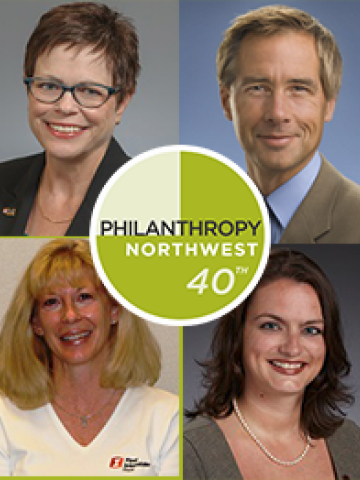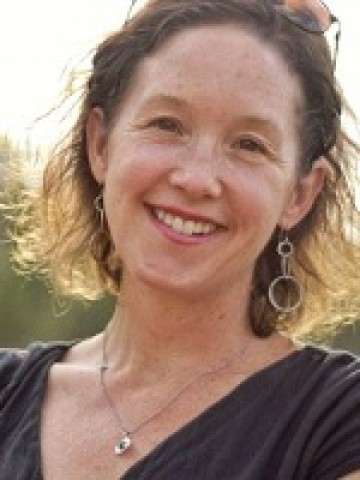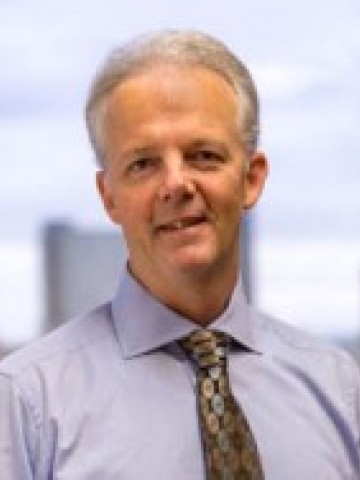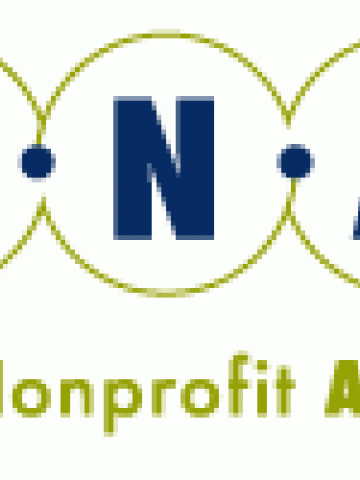Our "virtual roundtable" interviews feature a group of leaders from across our network who work on a common issue area, illuminating the diversity of place-based approaches to the shared topic. We kicked this series off in February with the CEOs of five healthcare conversion foundations, then continued in March with the Pacific Northwest's seven statewide nonprofit associations, April with four arts funders and May with five rural funders. For June, we interviewed representatives of four banks engaged in Northwest philanthropy: First Interstate Bank, Pacific Continental Bank, U.S. Bank and Wells Fargo.
Filter results by:




